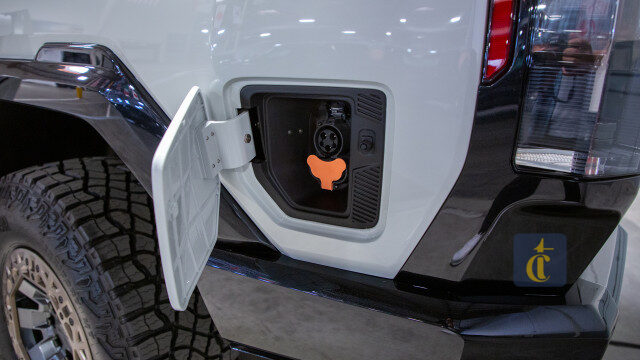Electric vehicles (EVs) are becoming increasingly popular as more drivers look for eco-friendly and cost-effective alternatives to traditional gasoline cars. However, one of the most common questions potential buyers have is: What are the costs of powering an electric car? Understanding these expenses—from electricity rates to charging infrastructure—can help you make an informed decision.
1. Electricity Costs vs. Gasoline Costs
The primary expense of powering an electric car is the electricity needed to charge it. On average, charging an EV is significantly cheaper than refueling a gas-powered vehicle. According to the U.S. Department of Energy, the cost per mile for an EV is about half that of a gasoline car.
For example, if electricity costs 0.13 per kWh, powering an electric car for100miles might cost around 0.13perkWh, powering anelectric car for100miles might cost around 4, whereas a gas car could cost 12−12−15 for the same distance.
2. Home Charging Expenses
Most EV owners charge their vehicles at home, which requires a Level 1 or Level 2 charger. A standard Level 1 charger (120V) is often included with the car but charges slowly.
A Level 2 charger (240V) is faster but requires professional installation, costing between 500−500−2,000, including equipment and labor.
Your electricity bill will increase, but many utility companies offer discounted EV charging rates during off-peak hours.
3. Public Charging Costs
Public charging stations vary in pricing. Some are free (often at shopping centers or workplaces), while others charge per kWh or by the minute.
Fast-charging stations (DC Fast Chargers) are more expensive—typically 0.20−0.20−0.50 per kWh—but can recharge your battery to 80% in 30 minutes.
Subscription plans from networks like Electrify America or ChargePoint can reduce costs for frequent users.
4. Maintenance Savings
While not a direct cost of powering an electric car, EVs have lower maintenance expenses than gas vehicles. No oil changes, fewer moving parts, and regenerative braking mean fewer repairs over time, offsetting some charging costs.
5. Government Incentives & Rebates
Many governments offer tax credits, rebates, or grants to reduce the cost of purchasing and powering an electric car. The U.S. federal tax credit provides up to $7,500 for qualifying EVs, and some states offer additional incentives for home charger installations.
Final Thoughts
Powering an electric car is generally cheaper than fueling a gasoline vehicle, but costs depend on your charging habits, electricity rates, and local incentives.
By considering home charging setups, public charging options, and available rebates, you can maximize savings while enjoying the environmental benefits of an EV.
Are you thinking about switching to an electric car? Understanding these costs can help you budget effectively and make the transition smoother. Stay charged and drive green!
'Want to send us a story? Submit to NAIROBIminiBLOGGERS via our Email nairobiminiblogger@gmail.com'

Drop Your Comments, What do you think About The Article?